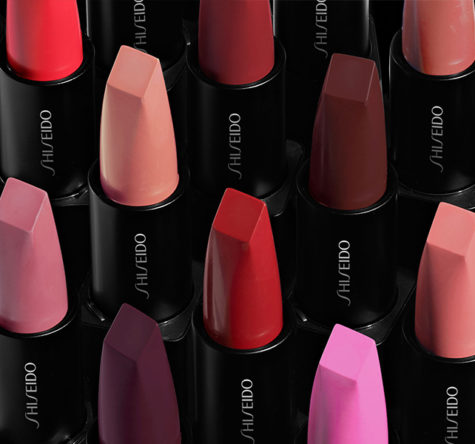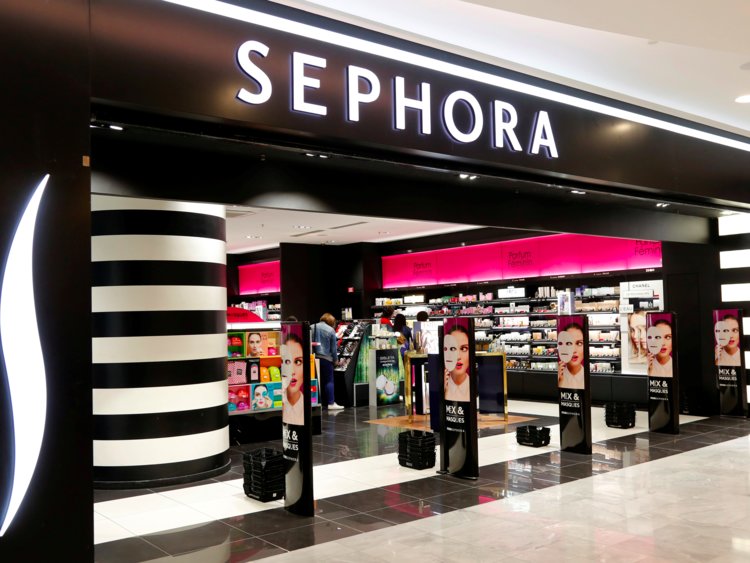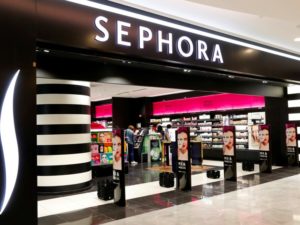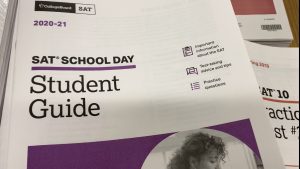The Makeup Debate
Is It Really Just Skin Deep?
March 21, 2019
Every day, millions of children in America ask their parents if they can wear makeup for the first time. For many parents that just want the best for their children, this can be a hard question. Is makeup empowering or oppressive? This question is even more complicated to answer than it is to do a perfect eyeliner wing.

Let’s go back a little bit to understand the context. In Ancient Greece, wearing lipstick was the same thing as declaring yourself a prostitute while in Old England, using makeup to “seduce a husband” was considered witchcraft. These negative attitudes towards makeup bled into American culture up until the 1950’s when Marilyn Monroe and Elizabeth Taylor as well as mass commercialization of makeup made wearing it acceptable. And since the days of Marilyn’s glamorous red lips, applying makeup has become a normal part of society’s morning routine. In fact, a survey by NPD found that 84% of women used makeup in 2007, and it appears that this trend will continue with the next generation. A 2014 survey by beauty distributor Escentual found that girls began to wear makeup at age 11.
As all things do, this normalization inspired a massive reactionary population. That same Escentual survey found that 89% of older women didn’t approve of 11 year olds using cosmetics. Those who agree with these women tend to think is that makeup is being forced on children and profiting off their insecurities. According to a CTPA survey, 31% of teenagers said they felt unattractive without makeup. Using cosmetics because one feels they have to in order to feel acceptable is “unjustly inflicting… constraint,” the definition of oppressive.
But this isn’t the case for every makeup enthusiast. Lisa Eldridge, author of “Face Paint: The Story of Makeup” states that “after 20 years working as a makeup artist I can say quite confidently that women wear makeup for themselves.” Seeing makeup as artistic expression or skill

is an alternate perspective that encourages cosmetic use. This perspective is increasingly common, 65% of women said that they felt pride at accomplishing a beauty technique and 84% believed beauty routines can be empowering in a 2017 Sally Hansen survey. If women approach makeup with this mindset it does “make [them] stronger or more confident” which is the definition of empowering.
Makeup is whatever the user makes it. So, parents, when standing under those flickering fluorescent lights of the Walmart cosmetic section, make sure you’re making the right choice for your little future James Charles.






